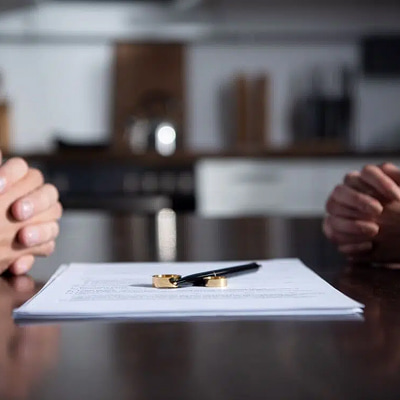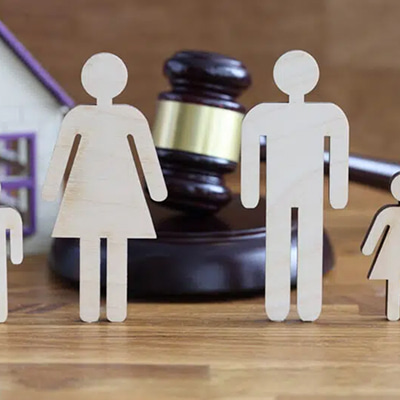TAKING THE FIRST STEP
Highly-Rated Warren County, VA Divorce Lawyers
Your Fresh Start Begins Here—Helping You Move Forward With Confidence.

What Our Clients Near Warren County Say About Us
Why Choose The Irving Law Firm For Your Divorce Case
Great law firm! I highly recommend them – Brian Wing
Your Trusted Warren County, Virginia Divorce Lawyers
Reliable Lawyers For Your Legal Needs
Providing Clear Direction Through Complex Divorces.
High Net Worth Divorce
Equitable Distribution
Contested Divorce
Military Divorce
Uncontested Divorce
Child Custody
Spousal Support
Let Us Walk This Path With You
Contact The Irving Law Firm today and start your journey toward resolution.
Adept Divorce Lawyers Near Warren County, Virginia
Deciding to end a marriage is never easy, and understanding the legal process in Warren County, VA, is essential for ensuring a smooth and fair resolution. Many couples opt for a no-fault divorce to simplify the legal proceedings and reduce unnecessary stress. With the support of experienced divorce lawyers, you can protect your rights while addressing crucial matters such as property division, child custody, and financial support.
Why A No-Fault Divorce Is A Preferred Option
A no-fault divorce allows couples to legally separate without having to prove fault or wrongdoing by either spouse. The most commonly cited reason is irreconcilable differences, meaning the marriage is no longer sustainable. This approach helps minimize emotional strain, prevents prolonged courtroom battles, and encourages a more amicable resolution. By choosing a no-fault divorce, both parties can focus on reaching fair agreements rather than engaging in unnecessary disputes.
Legal Requirements For A No-Fault Divorce In Virginia
To file for a no-fault divorce in Virginia, specific legal conditions must be met. A mandatory separation period applies—couples with children must live apart for at least one year, while those without children may qualify after six months, provided they have a signed separation agreement.
Additionally, at least one spouse must have been a Virginia resident for a minimum of six months before filing. Ensuring these conditions are met helps prevent unnecessary delays and keeps the divorce process moving forward efficiently.
The Importance Of Hiring A Divorce Lawyer
Even in amicable divorces, legal complexities can arise that require professional assistance. Skilled divorce lawyers in Warren County, VA, ensure that all necessary paperwork is accurately completed and submitted on time, preventing costly errors that could slow down the process. Having an attorney also provides peace of mind, knowing that your rights and interests are safeguarded at every stage of the proceedings.
Legal representation is crucial when handling property division, ensuring that assets and debts are distributed fairly under Virginia law. If children are involved, legal counsel assists in negotiating child custody and support arrangements that prioritize their well-being while maintaining parental rights. For spouses seeking spousal support (alimony), legal representation ensures that financial agreements are structured fairly, taking into account factors such as income, marriage duration, and financial responsibilities.
Take The First Step Toward A Peaceful Divorce
Filing for a no-fault divorce in Warren County, VA, can be a straightforward and stress-free process when handled with the right legal support. Whether you are just beginning to consider divorce or are ready to take action, working with dedicated divorce lawyers can provide the guidance and protection you need. Contact us today to discuss your case and take the first step toward a fair and efficient resolution.







